IN PARTNERSHIP WITH ROLEX
She’s unlocking the secrets of hardy corals to help restore marine life
To help restore the reefs, Rolex Awards Laureate Emma Camp is investigating the secrets of resilient ones thriving in tough environments
Sign up now: Get ST's newsletters delivered to your inbox
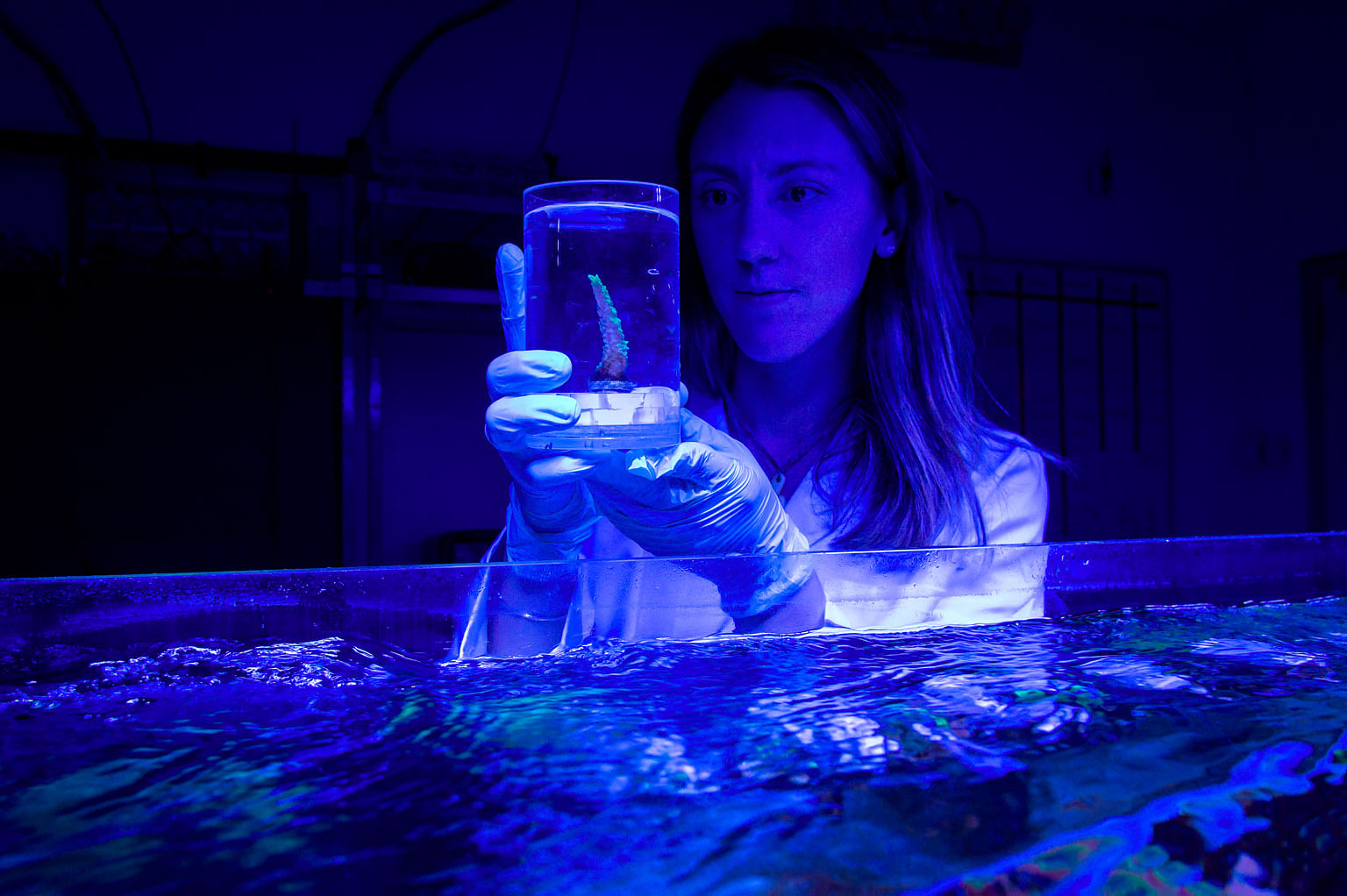
On a mission to protect coral reefs globally, Rolex Awards Laureate Emma Camp conducts analysis on samples inside a special chamber.
PHOTO: ROLEX/FRANCK GAZZOLA
In Singapore, scientists are on a mission to revive dying coral reefs by growing corals in the laboratory. They are gathering coral fragments from the ocean, and harvesting some of the eggs and sperm that the corals release once a year, for this crucial work.
Coral reefs are often called the “tropical rainforests of the sea” and one of the most productive ecosystems on Earth. They also support some 25 per cent of known marine species as well as play an important part in coastal protection and tourism.
To prevent dying corals from affecting aquatic life and people whose livelihoods depend on them, British-born marine biologist Emma Camp aims to uncover the secrets of “super corals” that are somehow thriving amid hostile environments.
While most corals prefer crystal-clean waters that are low in nutrients and sediment, stable in temperature and rich in oxygen, these super species are growing in mangrove lagoons and other habitats with waters previously thought to be too acidic, low in oxygen or otherwise unsuitable.
Dr Camp, who is deputy team leader of the Future Reefs Programme at the University of Technology Sydney (UTS), has found these resilient corals in several places. In 2016, she led a dive team to New Caledonia that documented, for the first time, 20 species of corals flourishing in conditions previously believed to be too hot and toxic.
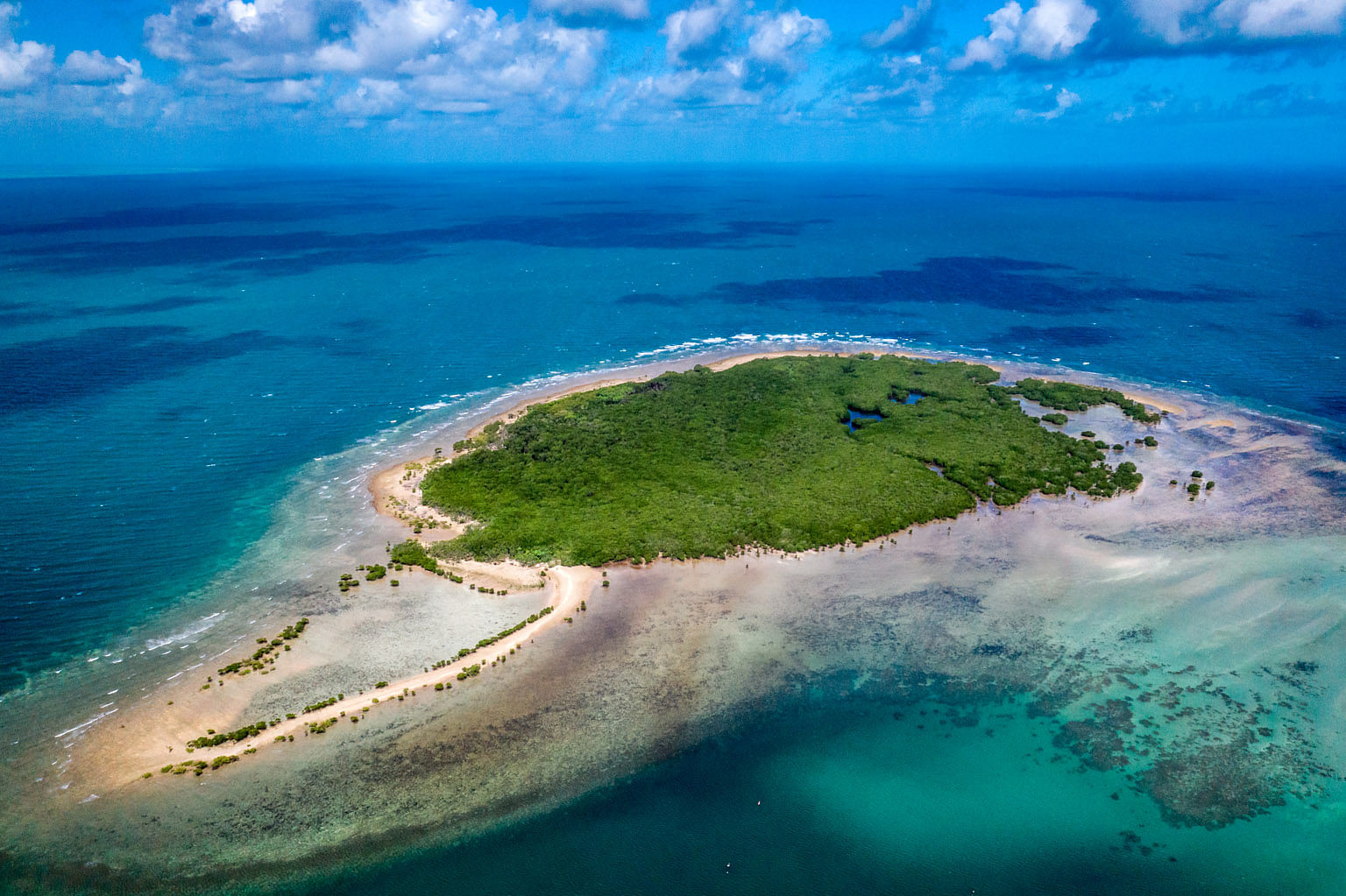
In 2019, she published the first scientific study identifying two similar extreme coral habitats on Australia’s Great Barrier Reef. She noted that the corals are surviving in conditions more extreme than those being predicted for the next 200 years.
“We need to understand how and why they’re there, and how we can utilise their abilities to save coral reefs globally,” emphasises the 36-year-old, who is also a Chancellor’s Postdoctoral Research Fellow at UTS. She also established its Reef Biogeochemistry Group.
A role model for reef rescues
In 2019, Rolex named her as one of the Rolex Awards for Enterprise Laureates.
With support from the Swiss watchmaker and help from local ecotourism operators, Dr Camp is studying two hot spots of coral resilience on the northern Great Barrier Reef – a World Heritage-listed site that many Singaporeans are familiar with – specifically Howick Island and the Low Isles.
The goal is to research the corals there to identify the key traits behind their toughness. After that, she will try, for the first time, to transplant them to areas that have been devastated by mass coral death.
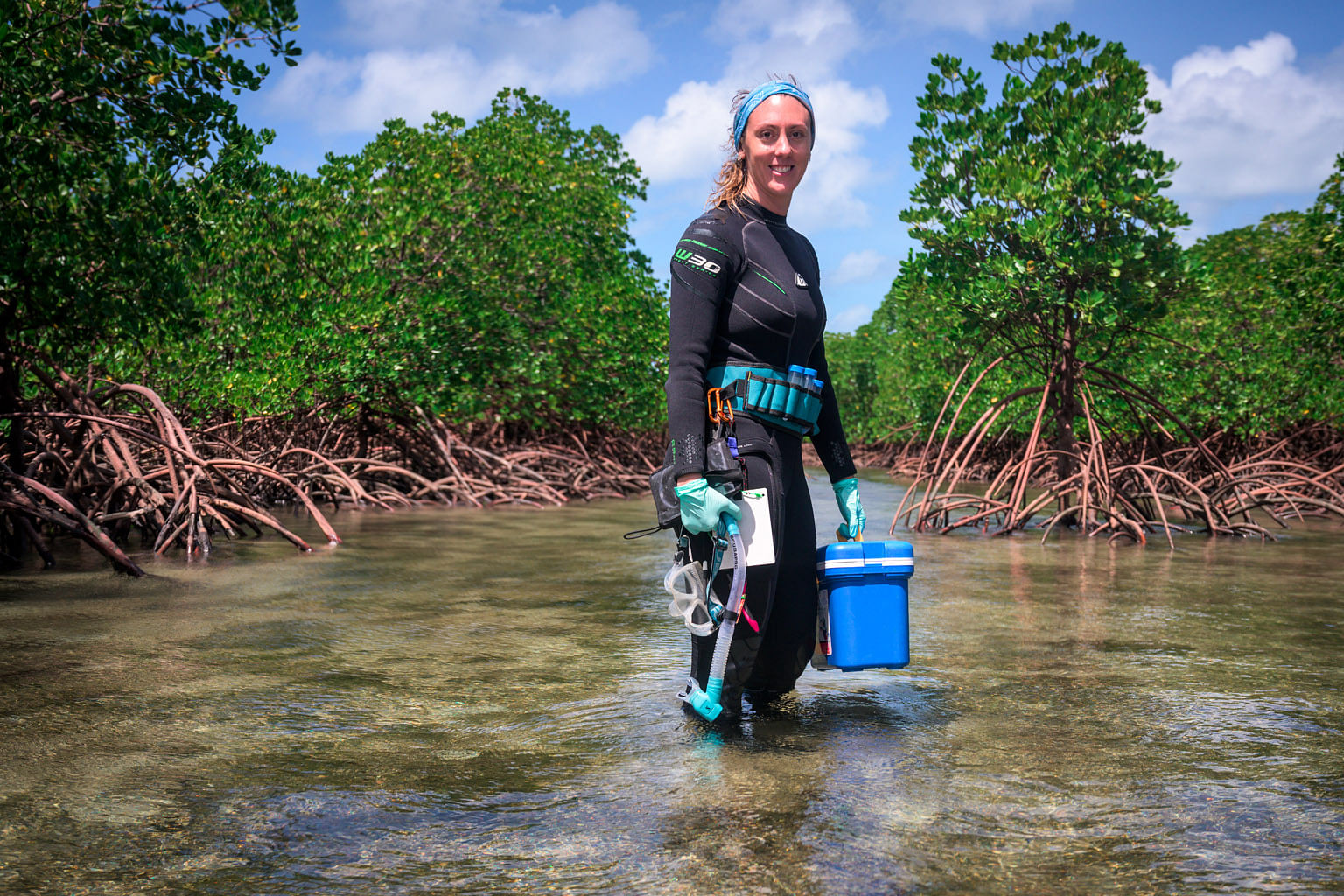
Success could lead to a pioneering programme to train ecotourism operators and local stakeholders in coral restoration, to reverse the damage caused by people.
Recalling the first time she saw a coral reef, when her father took her on a snorkelling trip in the Bahamas at the age of six, she says: “It was a whole new world under there. I was just blown away. That was when my love for reefs began. I was just fascinated.”
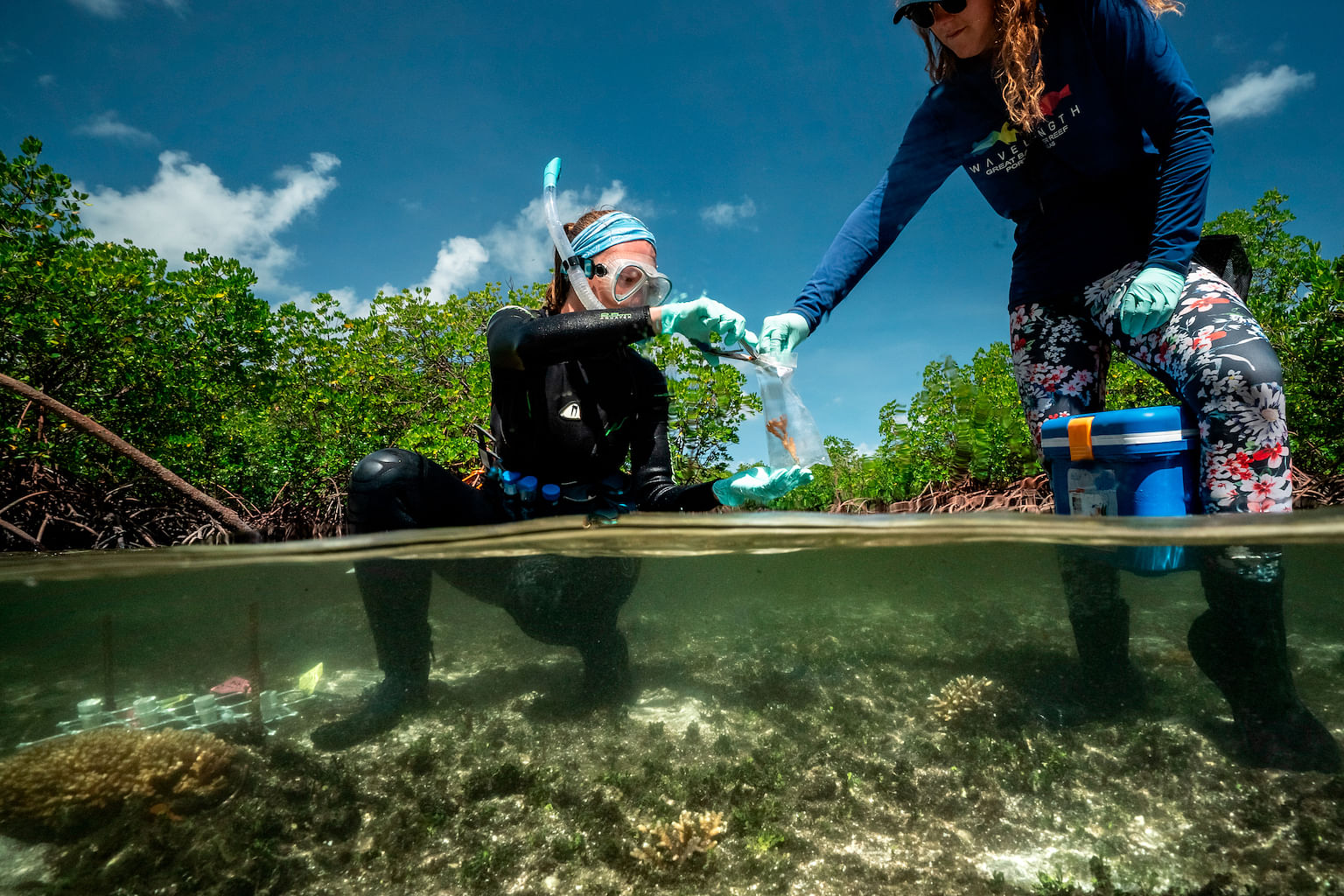
Even after the trip, the reefs’ majesty stayed with her. As she studied marine biology at university, joined research projects in the Florida Keys and Cayman Islands, pursued a master’s degree in environmental management and then a PhD in marine biology, she knew she wanted to focus on coral reefs.
The United Nations has invited her to speak at its High-Level Event on Women in Power about her work, the importance of coral reefs, and why more women are needed in science. She is also a National Geographic Explorer, an Australian Research Council Discovery Early Career Research Award recipient, and part of the trailblazing Coral Nurture Programme to rehabilitate priority sites on the Great Barrier Reef.
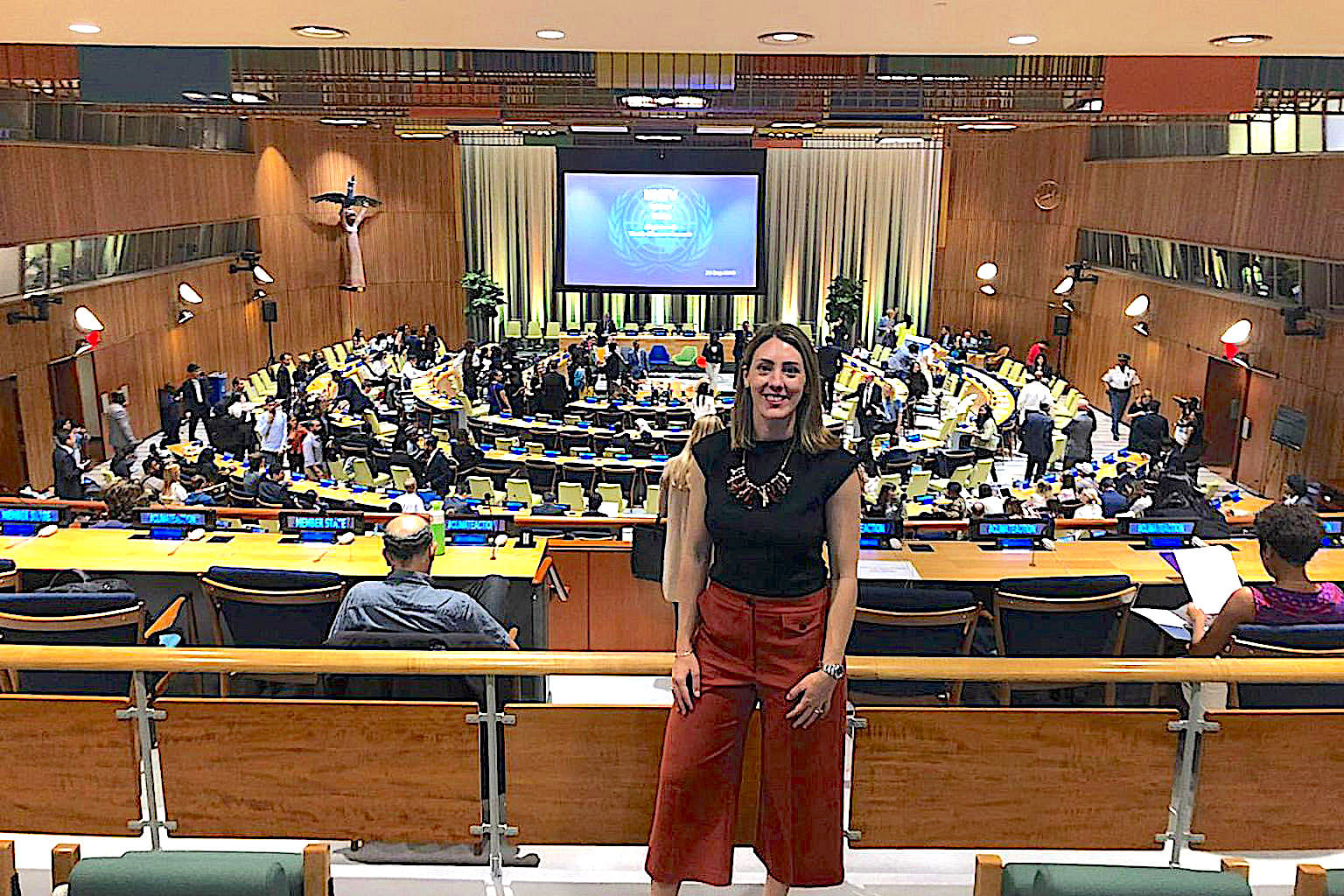
“I just don’t want to be part of the generation that says, ‘we lost the coral reefs,’” she explains. “We know what the problems are. We know many of the solutions that we need. Now, it’s about actually turning that knowledge and science into action.”
Strong support
The reason for Rolex supporting Dr Camp is simple. For nearly a century, the watchmaker has always supported pioneering explorers. But it has since moved from championing exploration for the sake of discovery to protecting the planet, committing for the long term to support individuals and organisations using science to understand and devise solutions to today’s environmental challenges.
This engagement was reinforced with the launch of the Perpetual Planet Initiative in 2019, which initially focused on the Rolex Awards for Enterprise, as well as long-standing partnerships with Mission Blue and National Geographic Society.
The initiative now has more than 20 other partnerships in an expanding portfolio. They include, for example, Rewilding Argentina and Rewilding Chile, offspring organisations of Tompkins Conservation, the Under The Pole expeditions, the Monaco Blue Initiative, and Coral Gardeners.
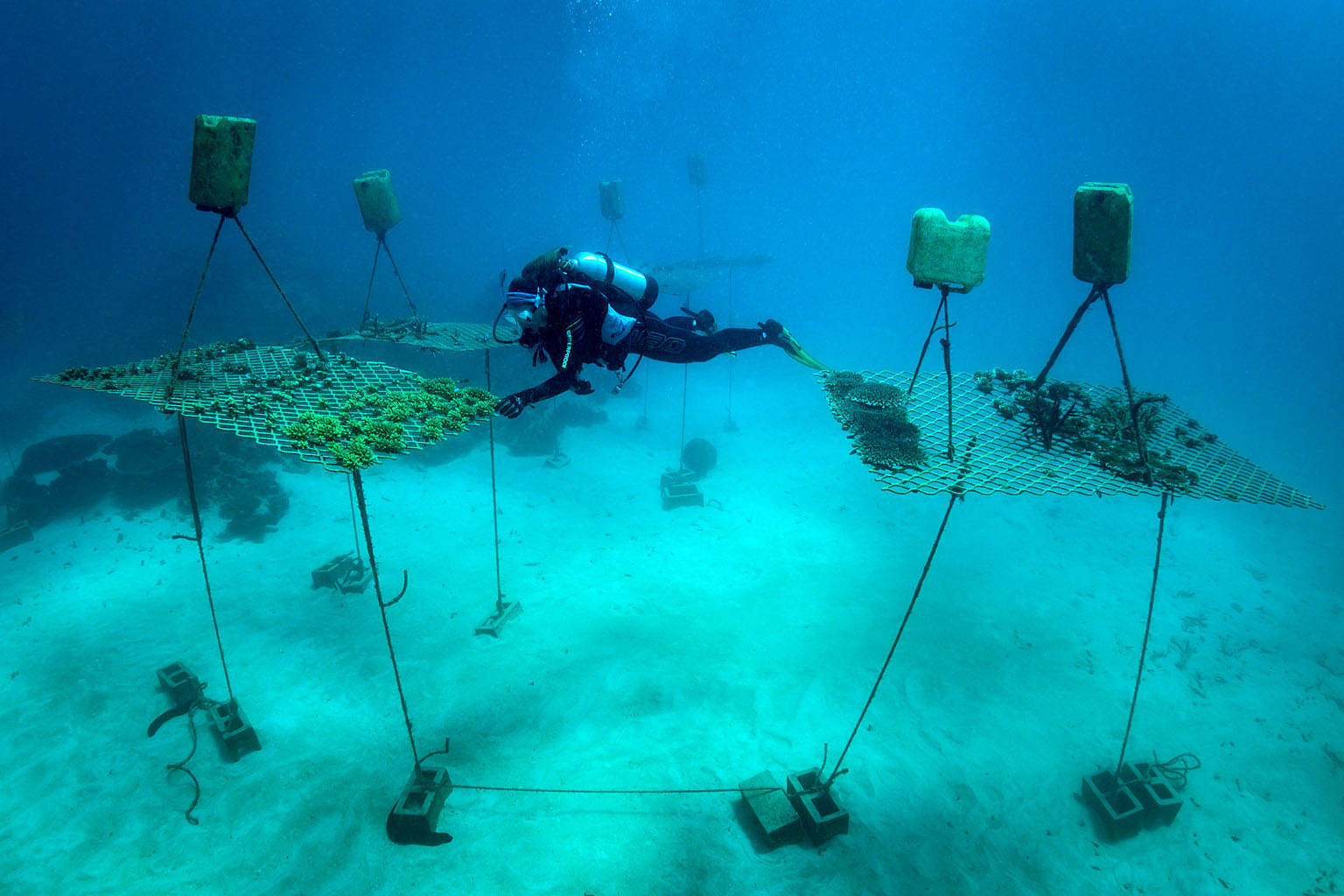
Rolex also supports organisations and initiatives fostering the next generations of explorers, scientists and conservationists through scholarships and grants, such as Our World-Underwater Scholarship Society and The Rolex Explorers Club Grants.
“Explorations like mine can be quite hard to fund. Rolex’s support of solutions to urgent ecological challenges has been huge,” says Dr Camp.
“The Rolex community has many exemplary individuals with diverse skill-sets whom I would like to work with. The ability to promote the work, get the messaging out there of what’s going on with the reefs, and facilitate collaborative opportunities has just transformed the impact and reach of my work.”
We The Earth is a partnership between The Straits Times and Rolex and its Perpetual Planet Initiative. Rolex Awards for Enterprise Laureate Emma Camp is a stellar example of the many individuals who are doing their part to solve the issues earth faces.


